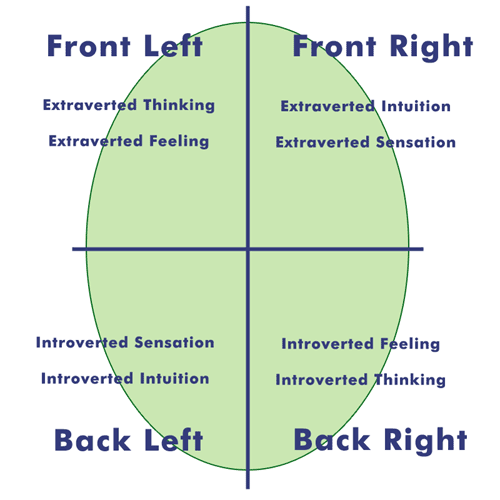Hello,
I'm new to the forum. I've been interested in the MBTI for quite some time now, in particular, I'm intrigued by the division between people with preferences for the N or S traits. In my limited experience, I've observed that people generally prefer partners that share their N or S preference. For my Psychology honours thesis, I'm using a conceptually similar model to the N/S component of the MBTI to investigate whether the thinking styles of romantic partners can be used to predict their relationship satisfaction.
To do this research properly I need as many people to participate as possible. However, because there is a rough 80%/20% split in the population of S and N preference, I need more N participants. So if you're currently in a romantic relationship and you and your partner would like to participate please follow the link below. Alternatively, if you know anyone in a relationship who may be willing to participate, please pass on the survey link. Participation involves both partners individually completing a short online survey that takes less than 20 minutes.
To be eligible to participate, partners must:
I'm new to the forum. I've been interested in the MBTI for quite some time now, in particular, I'm intrigued by the division between people with preferences for the N or S traits. In my limited experience, I've observed that people generally prefer partners that share their N or S preference. For my Psychology honours thesis, I'm using a conceptually similar model to the N/S component of the MBTI to investigate whether the thinking styles of romantic partners can be used to predict their relationship satisfaction.
To do this research properly I need as many people to participate as possible. However, because there is a rough 80%/20% split in the population of S and N preference, I need more N participants. So if you're currently in a romantic relationship and you and your partner would like to participate please follow the link below. Alternatively, if you know anyone in a relationship who may be willing to participate, please pass on the survey link. Participation involves both partners individually completing a short online survey that takes less than 20 minutes.
To be eligible to participate, partners must:

